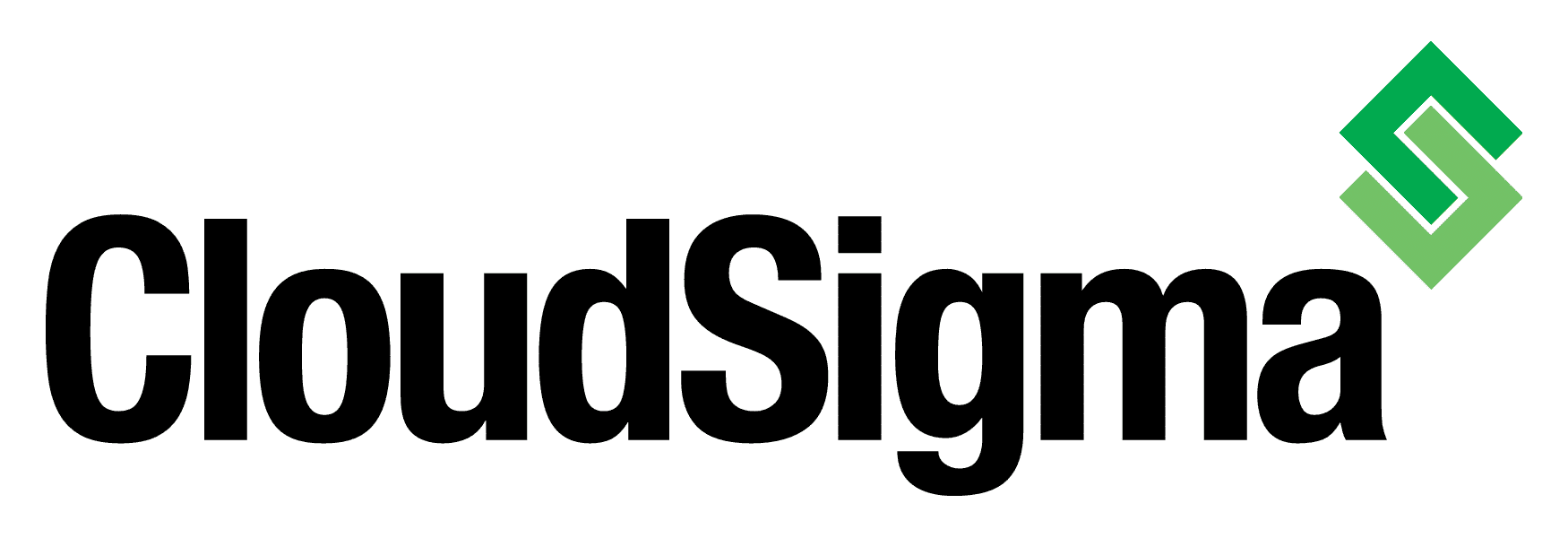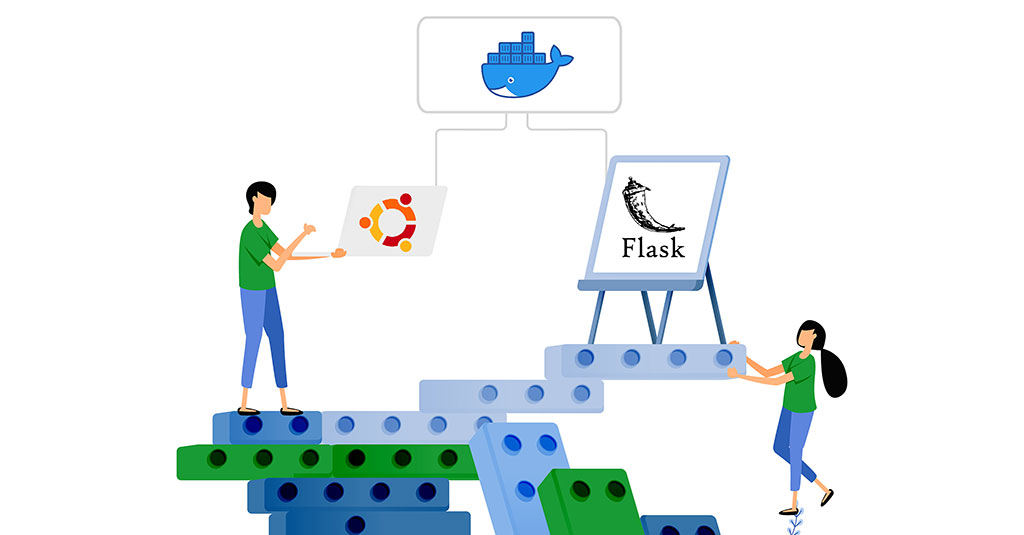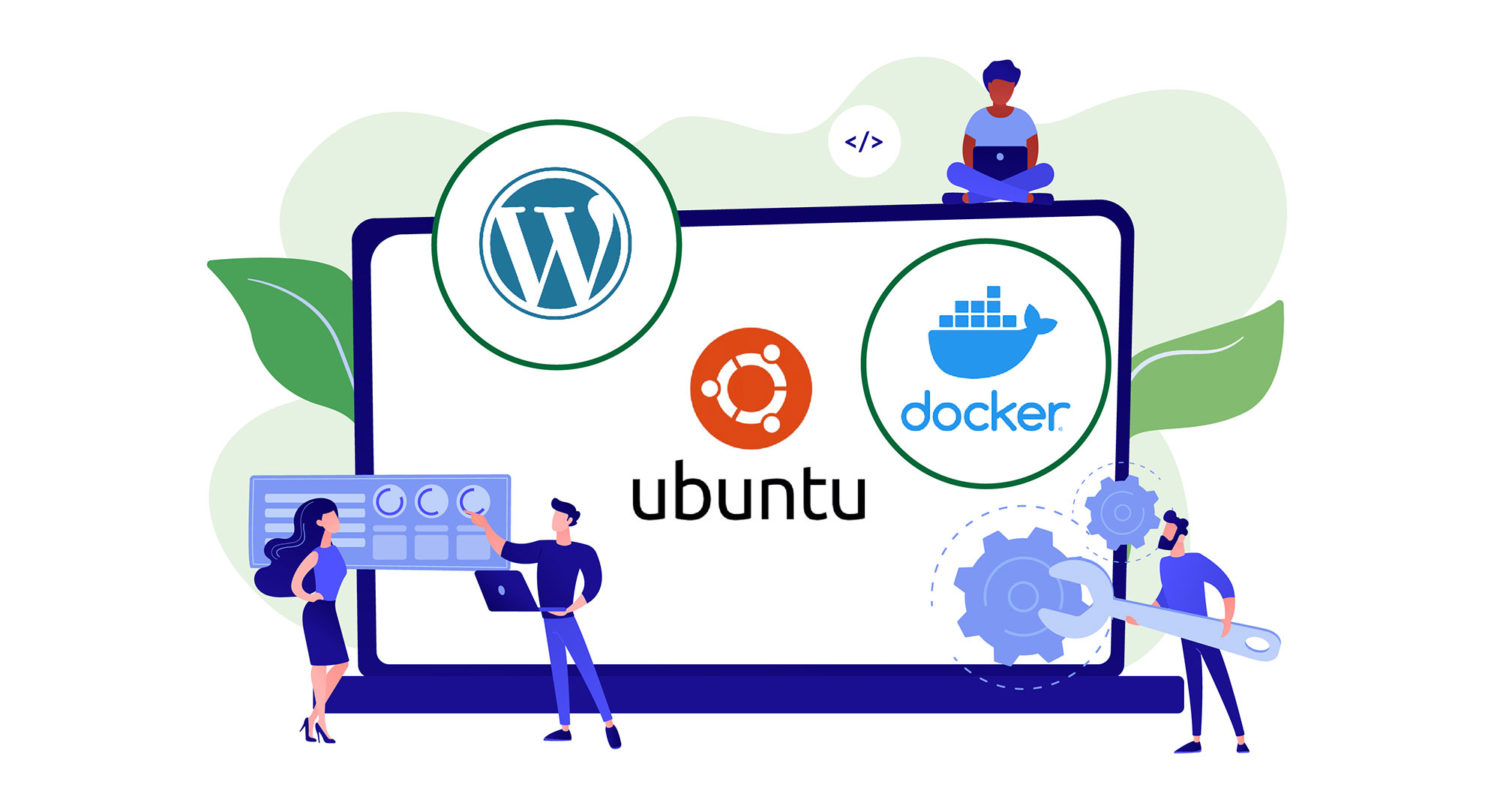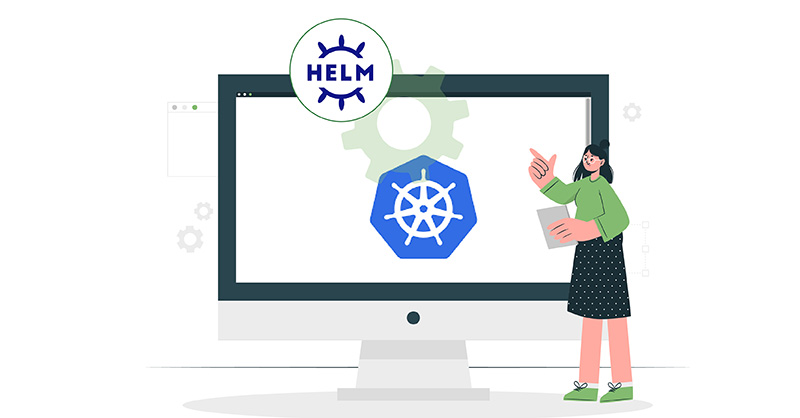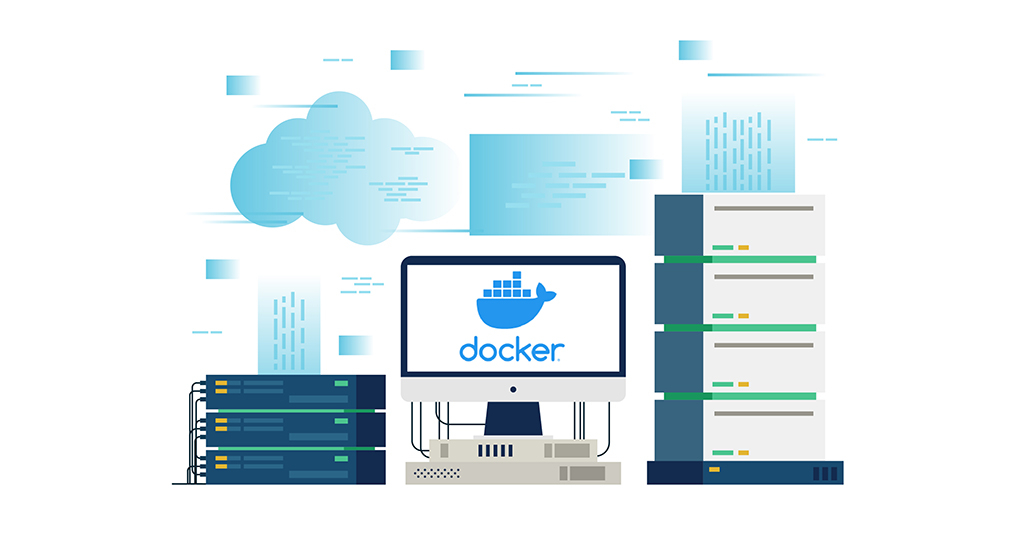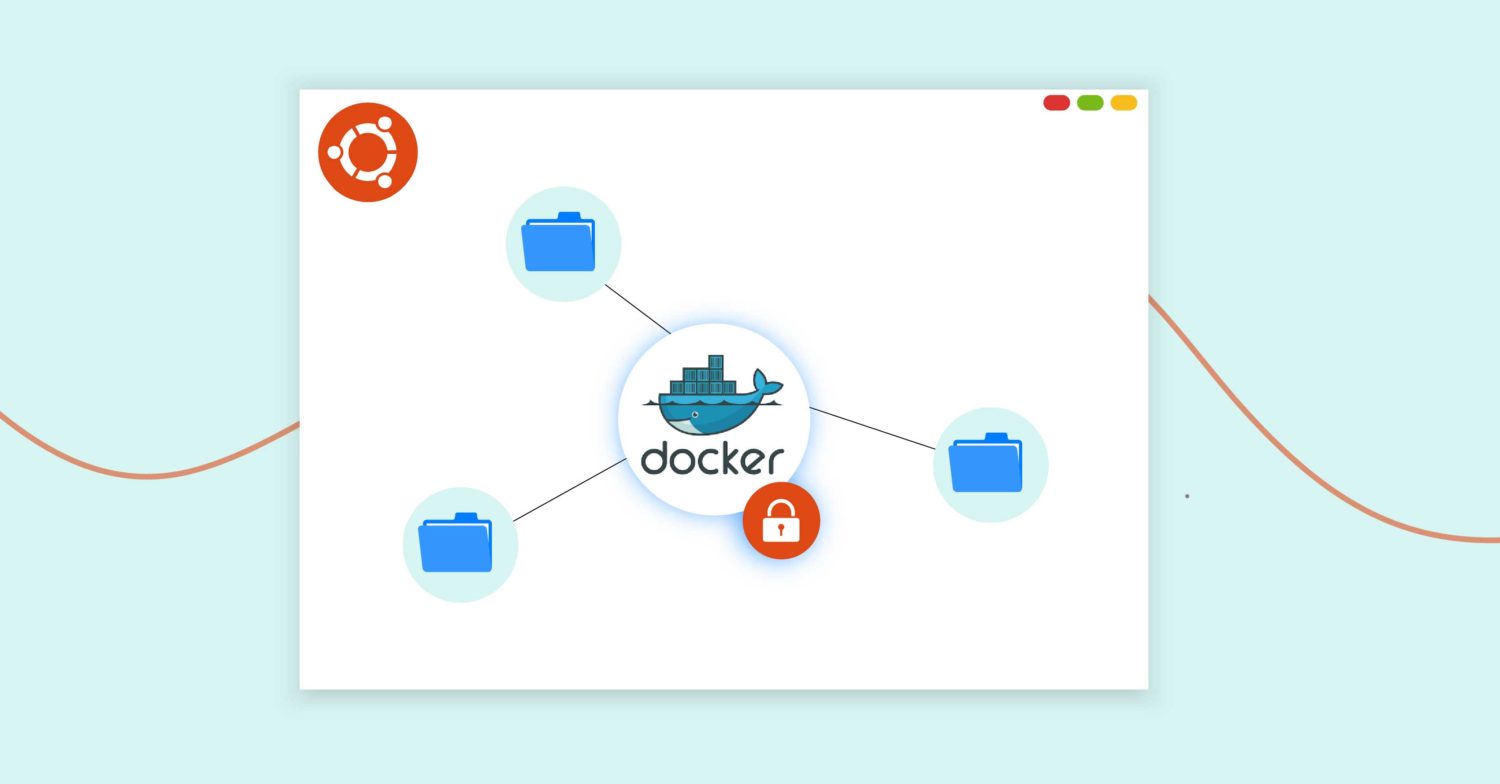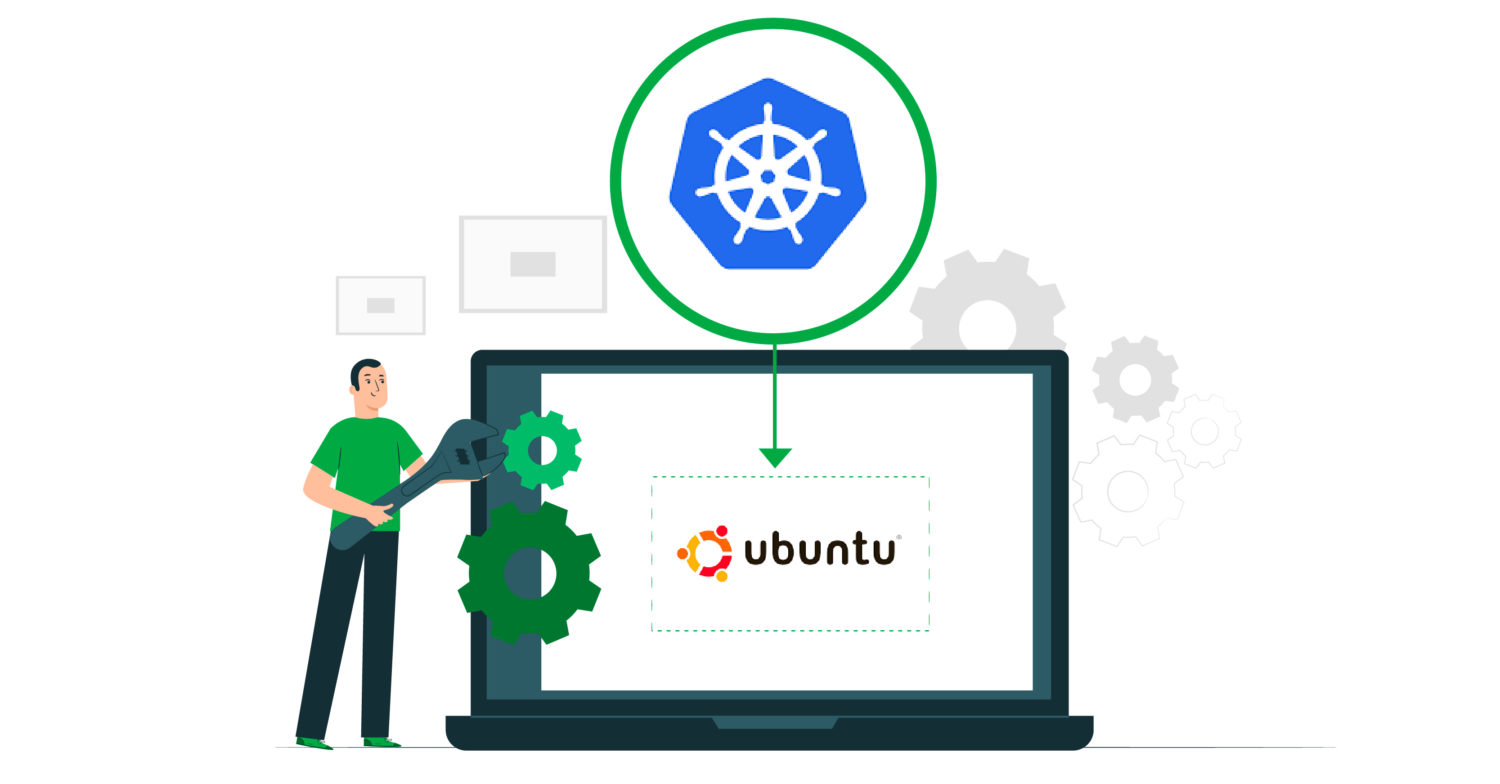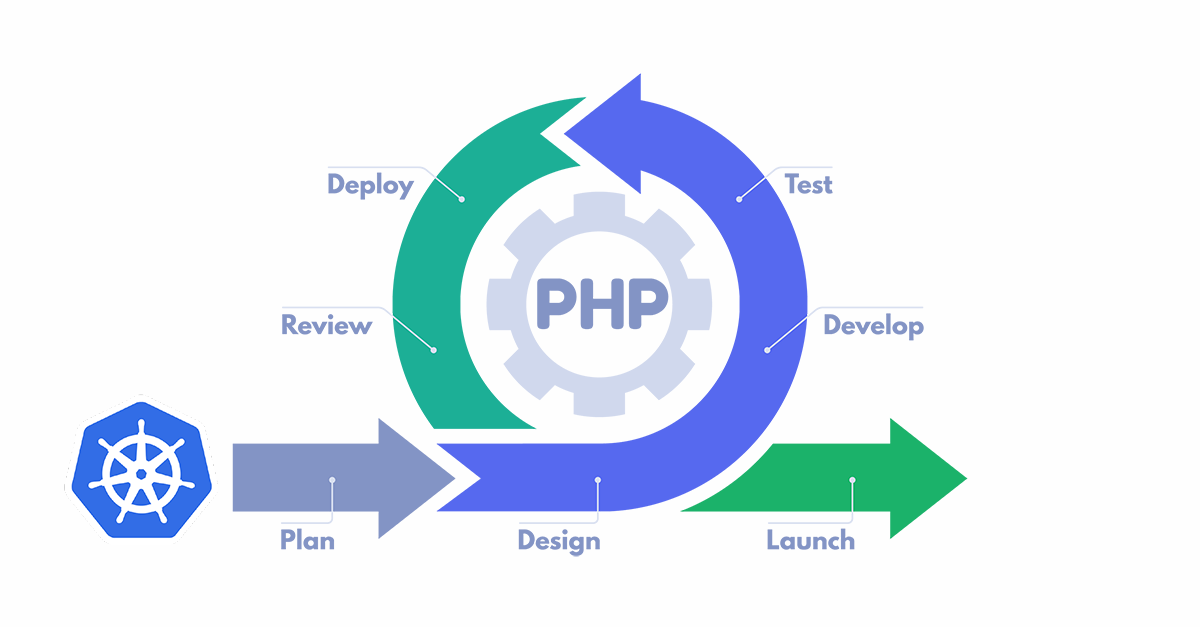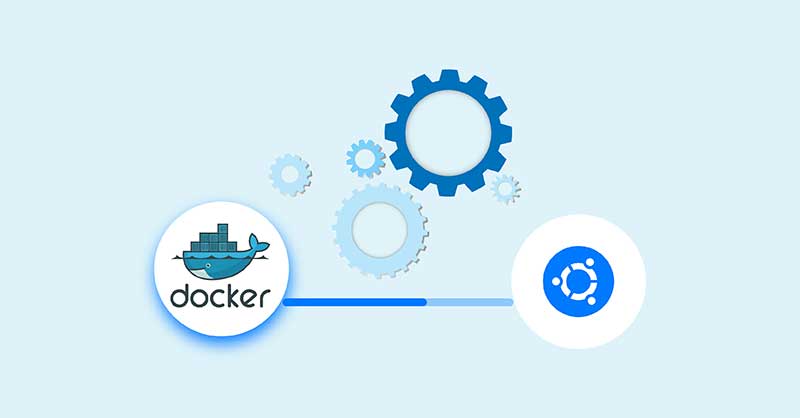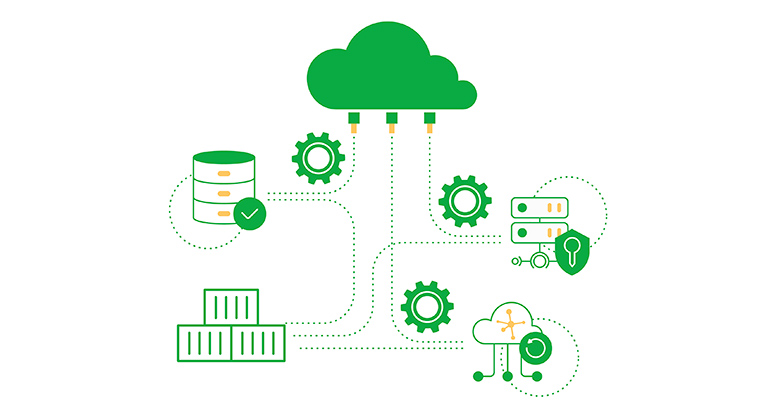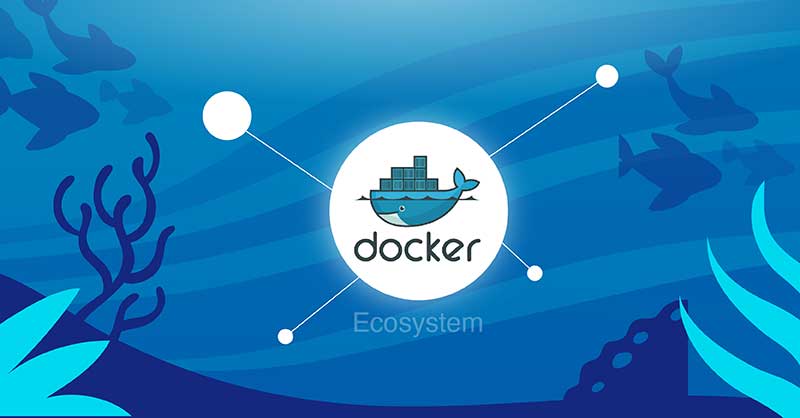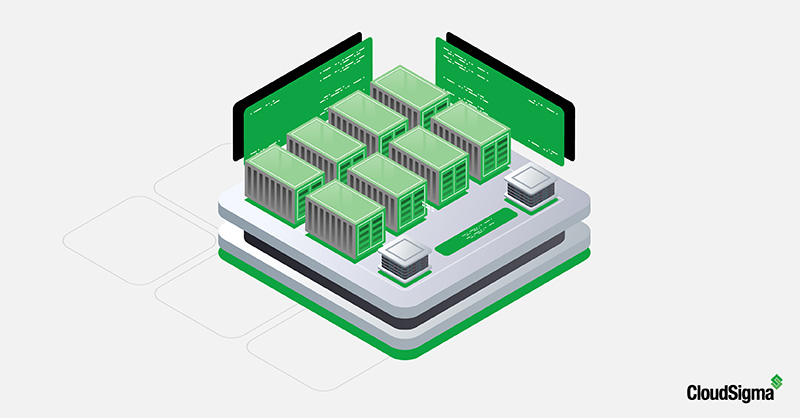In this tutorial, we will be discussing how you can install WordPress inside a standalone elastic container in order to make the solution even more cost-effective and lightweight than it already is. The WordPress Standalone package can be installed very easily through the CloudSigma PaaS platform. This means that with a single click, you can supplement your small and medium-sized …
Build and Deploy a Flask Application with Docker on Ubuntu 20.04
Introduction Docker is an open-source container platform. It is a lightweight, virtualized, portable, software-defined standardized environment that allows the software to run in isolation from other software running on the physical host machine. Docker offers a lightweight alternative to virtual machines. At the same time, it provides portability, performance, agility, and scalability of applications. For a comprehensive guide about the …
How to Deploy WordPress with Docker Containers on Ubuntu 20.04
Introduction WordPress is one of the most popular Content Management Systems (CMSs) out there. Statistically, it powers over 39% of all websites you see around the world wide web. It’s a popular choice because of its extensibility through plugins and its flexible templating system. It allows you to change its appearance in seconds. Moreover, its administration can be done through …
Introduction to Helm: Package Manager for Kubernetes
Kubernetes is a popular and powerful container-orchestration system. Deploying applications to it, however, can be quite complex. That’s because a single application setup could entail generating several interdependent Kubernetes resources. Those can include deployments, pods, services, and replica sets. Each of these requires a YAML manifest file to be written. To ease the process of packaging, configuring, and deploying applications …
Sharing Data between Docker Containers
Introduction Docker is a container platform that is a lightweight, virtualized, portable, software-defined standardized environment that allows the software to run in isolation of other software running on the physical host machine. Docker is a defining component of the Continuous Development and Integration aspect of Software Development. By providing a consistent run-time environment, Docker ensures that software behaves the same …
Setting Up a Private Docker Registry on Ubuntu 18.04
Introduction Docker Registry is a centralized application that handles the delivery and storage of various Docker container images. This collection of container images saves a lot of time for developers. Docker images provide the exact same environment as to how it was built using virtualization. Thus, building Docker images takes a good amount of time from developers. A good example …
How to Install and Use Kubernetes on Ubuntu 20.04
Introduction Kubernetes is an open-source tool that is crucial in container orchestration. Kubernetes works by orchestrating and managing clusters at scale across various cloud environments or even on-premise servers. A cluster is a set of hosts meant for running containerized applications and services. A cluster needs a minimum of two nodes to work – one master node and a worker node. Keeping …
Deploy a PHP Application on a Kubernetes Cluster with Ubuntu 18.04
Kubernetes (also known as k8s) is an open-source orchestration system. It allows users to deploy, scale, and manage containerized applications with minimum downtime. In this tutorial, you will learn how to deploy a PHP Application on a Kubernetes Cluster. Nginx behaves as a proxy to PHP-FPM while running a PHP application. Managing these two services in a single container is …
How to Install and Configure Docker Compose on Ubuntu 20.04
Introduction Containerization has greatly picked up momentum in the software tech space over recent years. This can be attributed to Docker which is a container platform that simplifies the management of processes inside containers. Containers are lightweight, virtualized, portable, software-defined standardized environments that allow the software to run in isolation from other software running on the physical host machine. This …
Using a Singular Platform to Host and Manage Containers and Virtual Machines with CloudSigma
Both virtual machine (VM) technology and container technology are crucial for cloud computing. These are virtualization tools that are designed to make the cloud hosting environment much more portable and user-friendly. Each of these technologies has its unique characteristics that determine its specific pros and cons. However, in recent years more and more companies have started to turn towards containerization. …
What is Docker? An Overview of the Docker Ecosystem
Introduction If you dabble in the world of programming, then you may be familiar with the term ‘containerization’. If not, containerization is a process that helps make applications more manageable. It works by allowing the programmer to distribute applications in organic, portable packages. Each package is lightweight and isolated, complete with its own environment. These individual packages are known as …
Containerization Technology: Types and Uses of Different Containers on CloudSigma’s PaaS Platform
Container technology provides a way for you to package your applications. You can put it into individual packets that are functionally capable and independent. CloudSigma’s Platform-as-a-Service solution (PaaS) offers two different types of containers: system containers and application containers. Let’s explore what each of these are, how they work, and where you can use them. What are System Containers? System …
